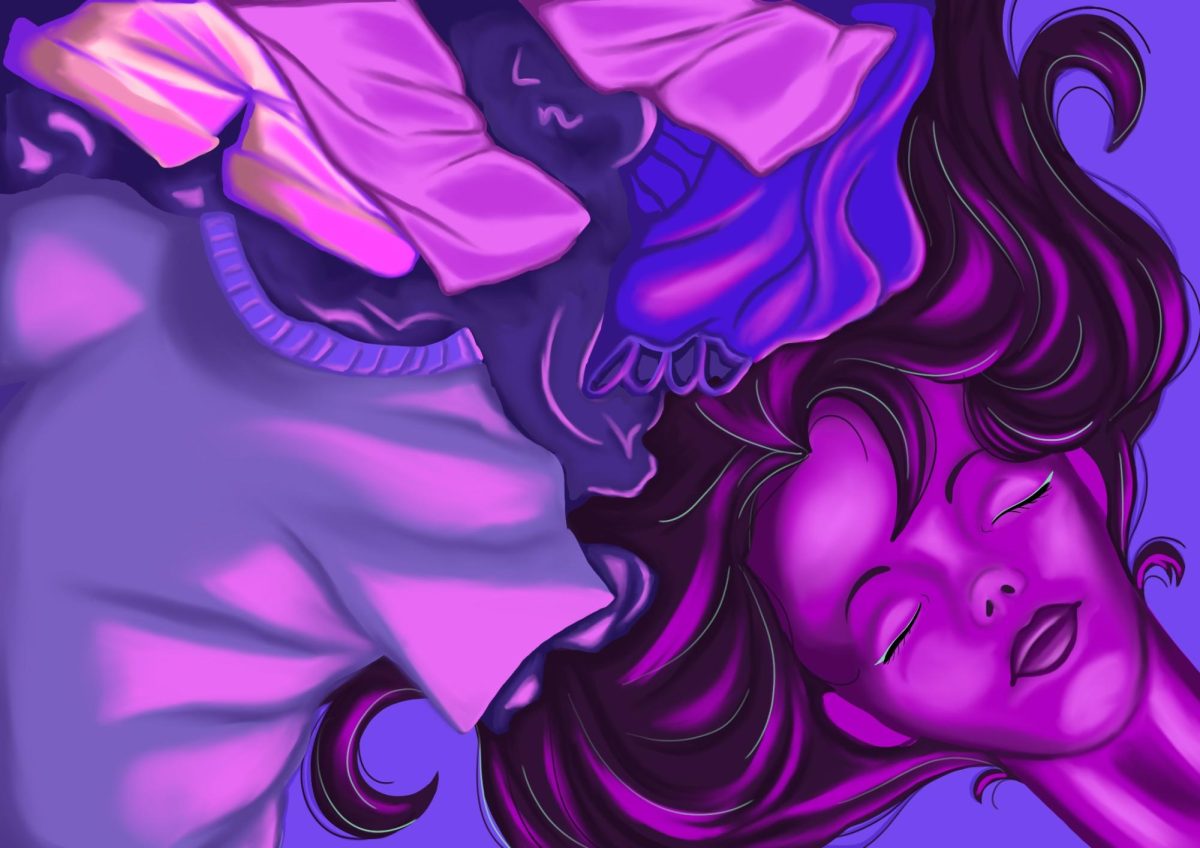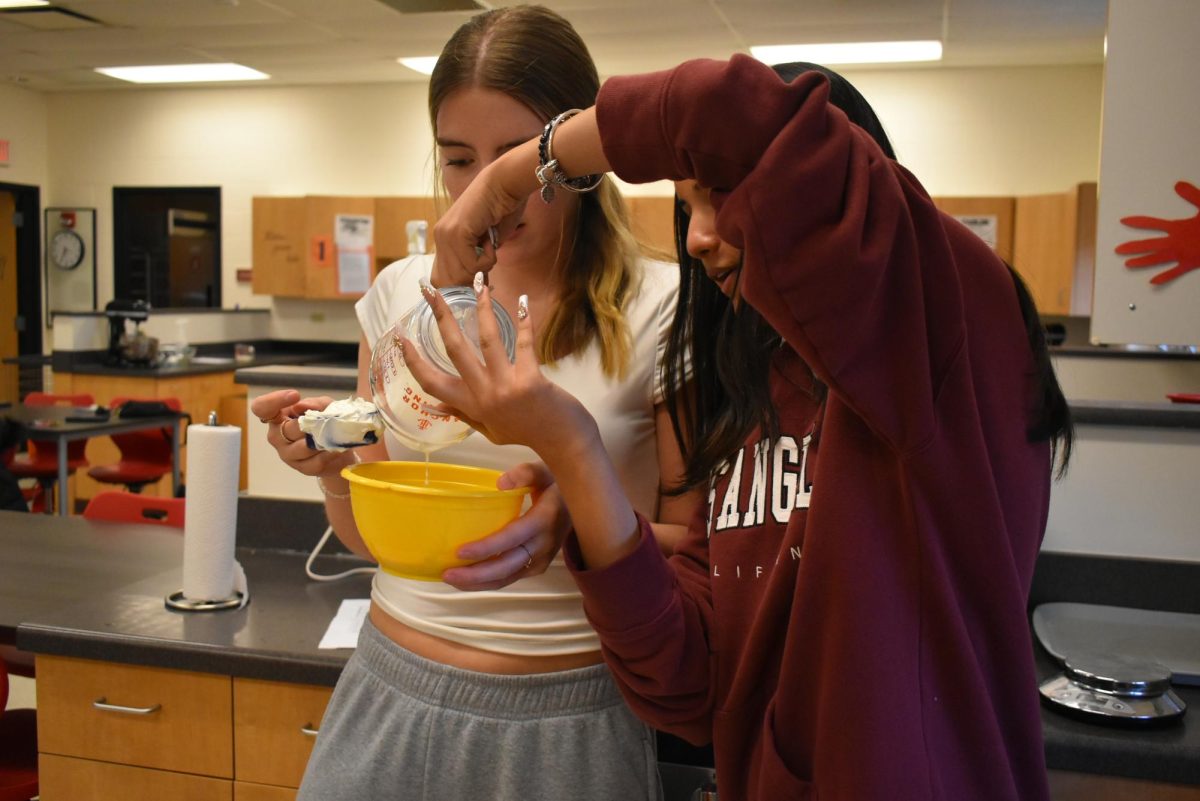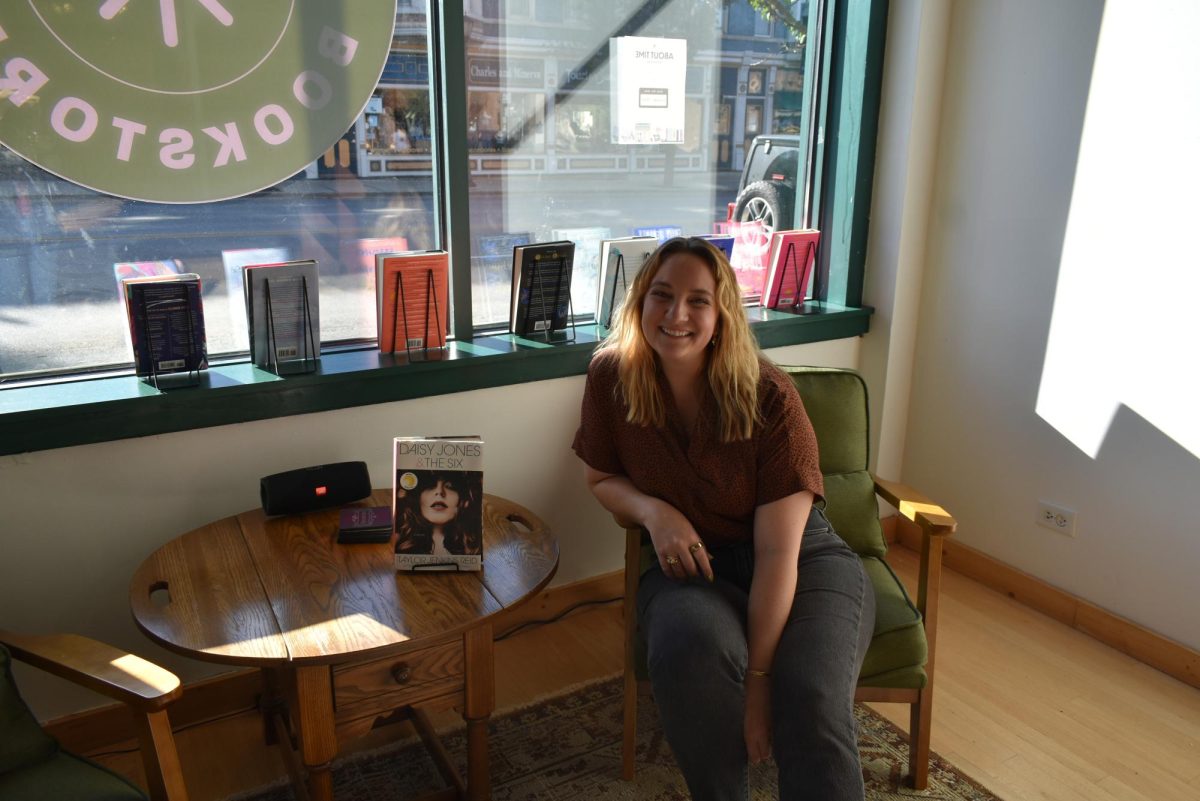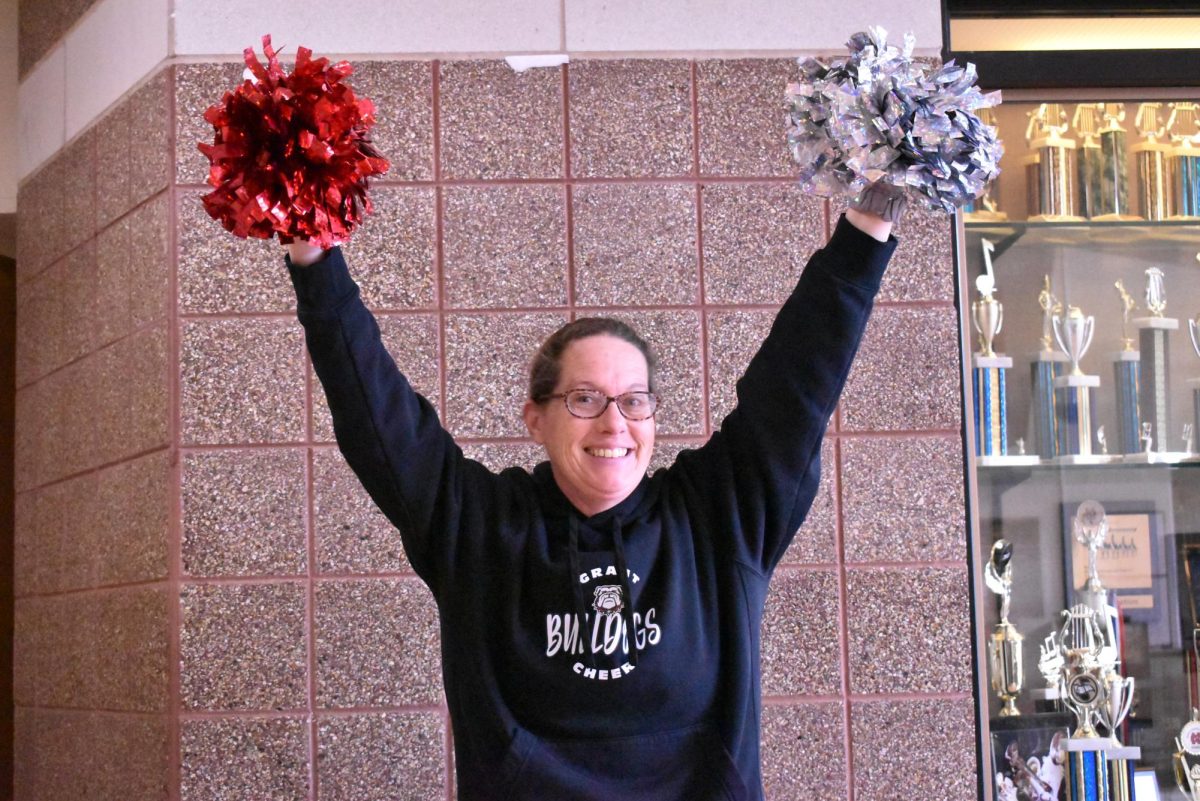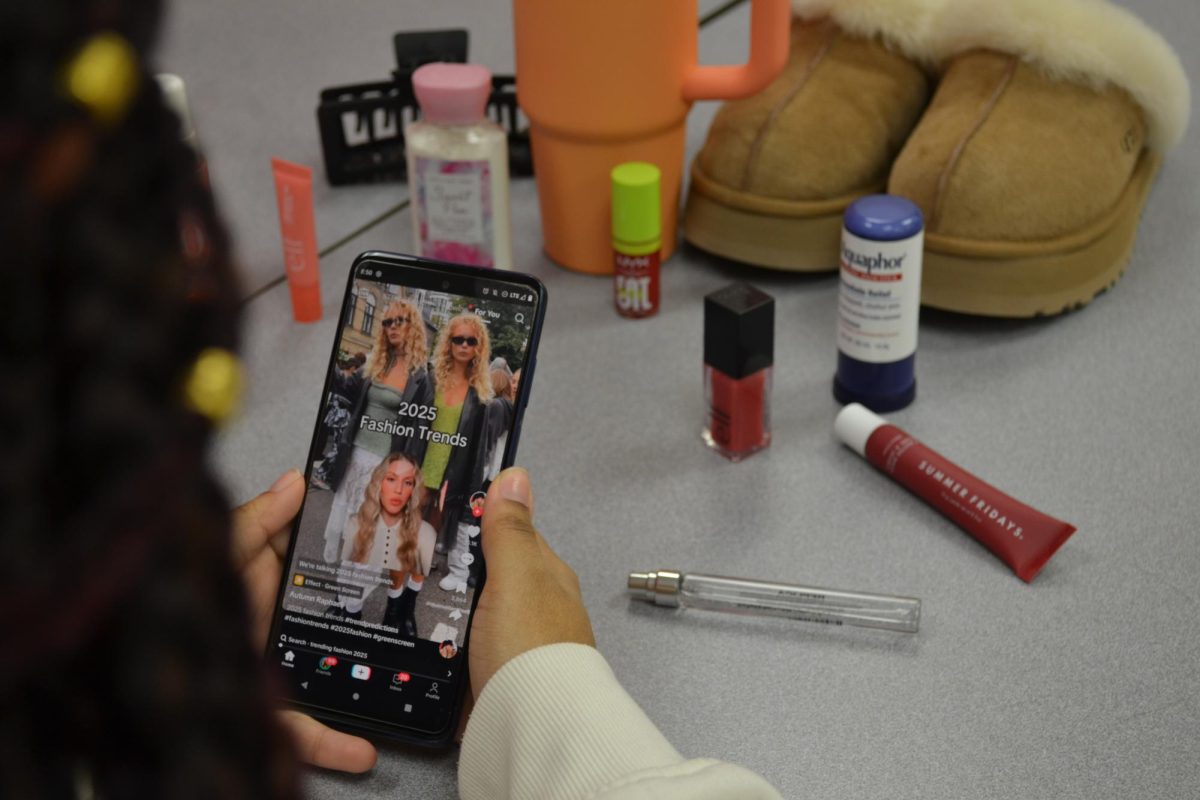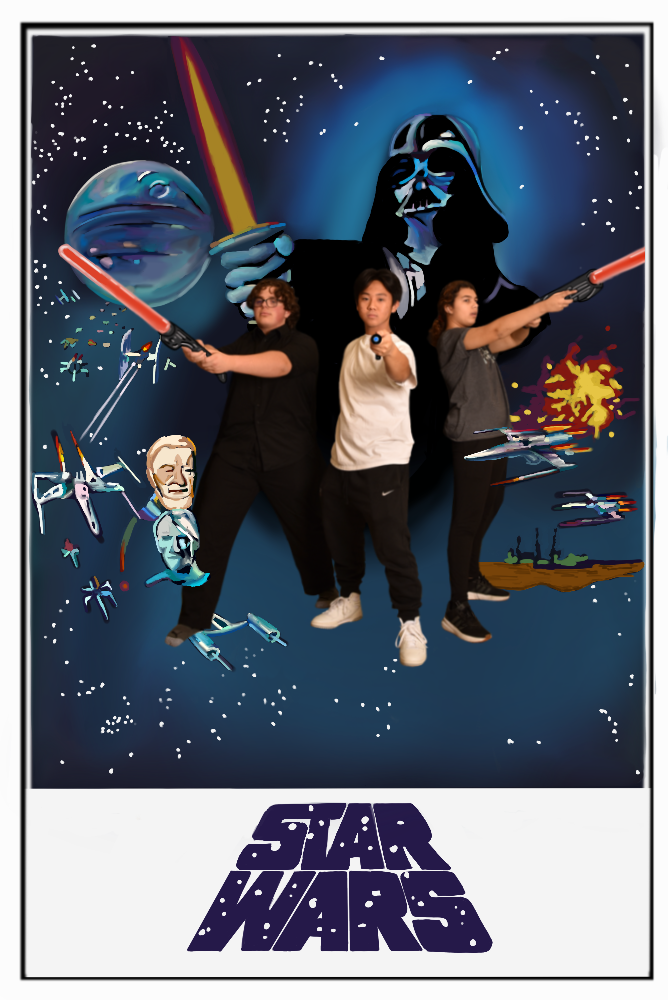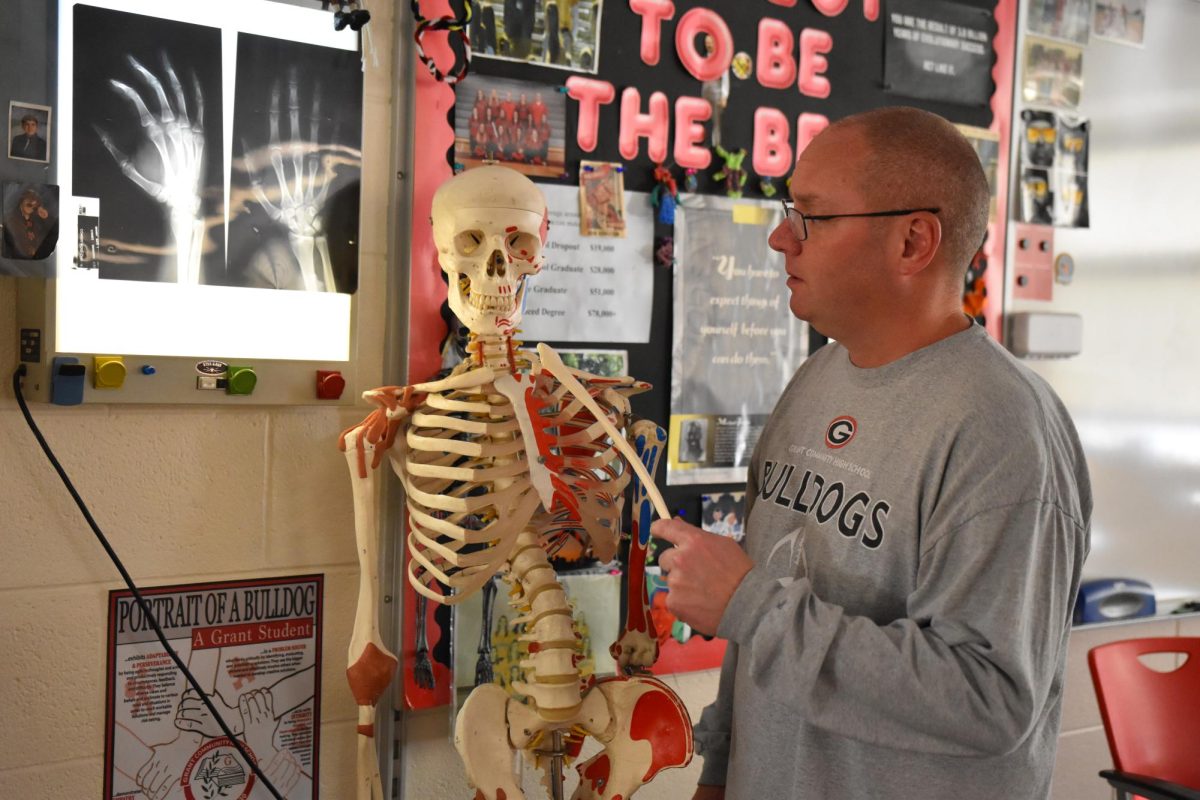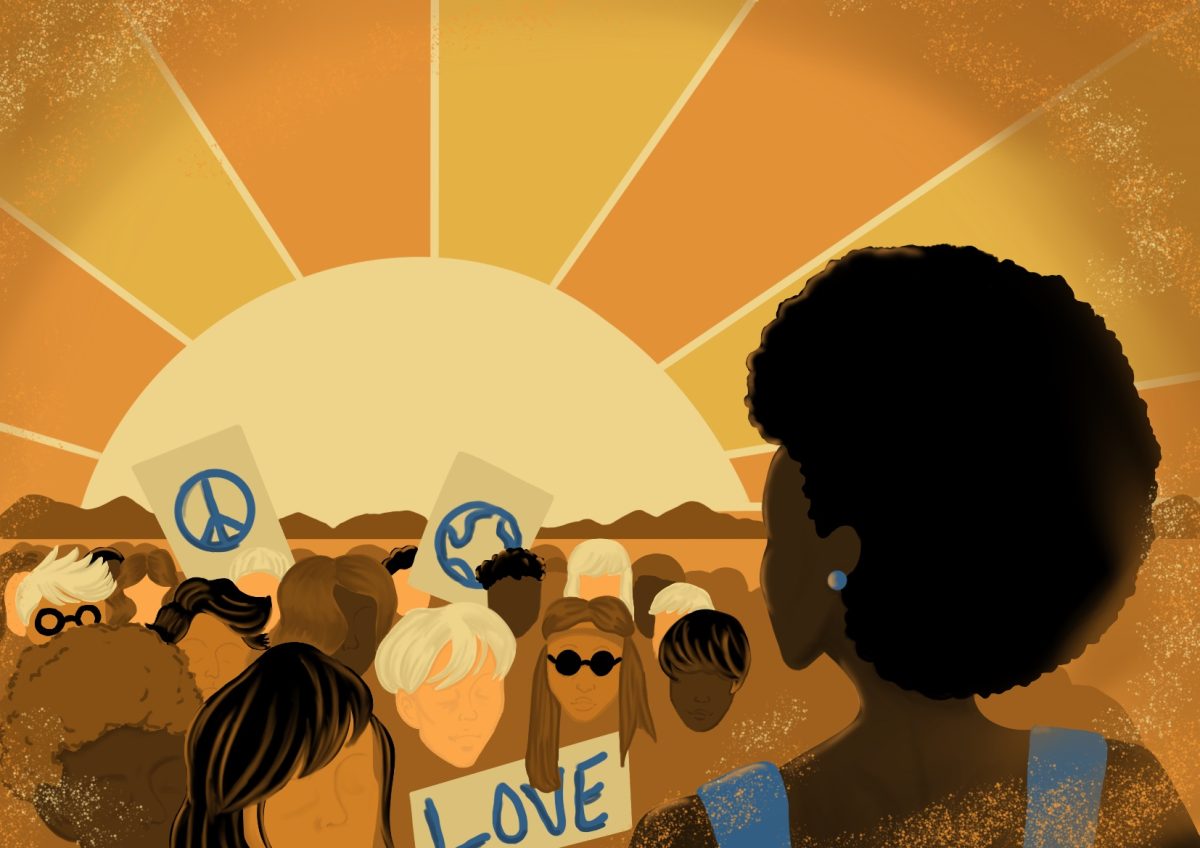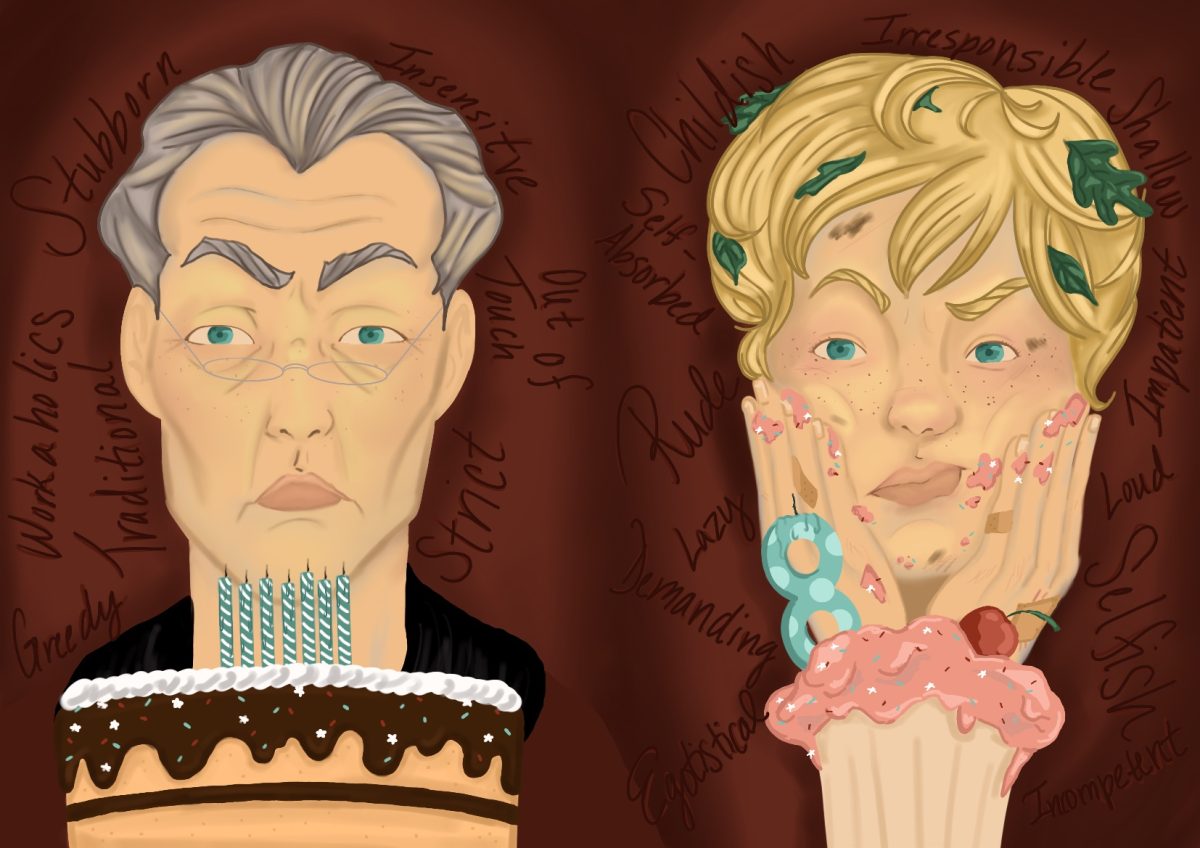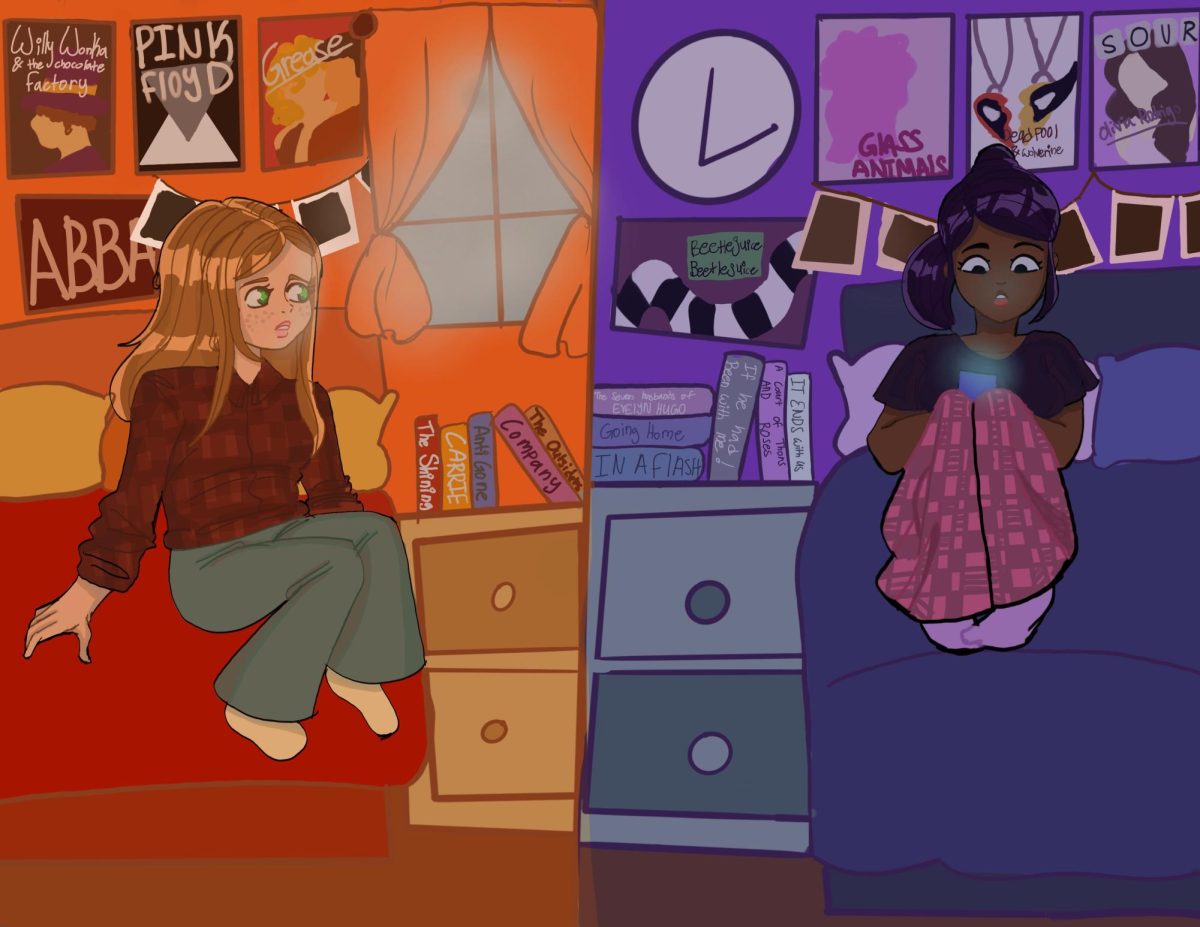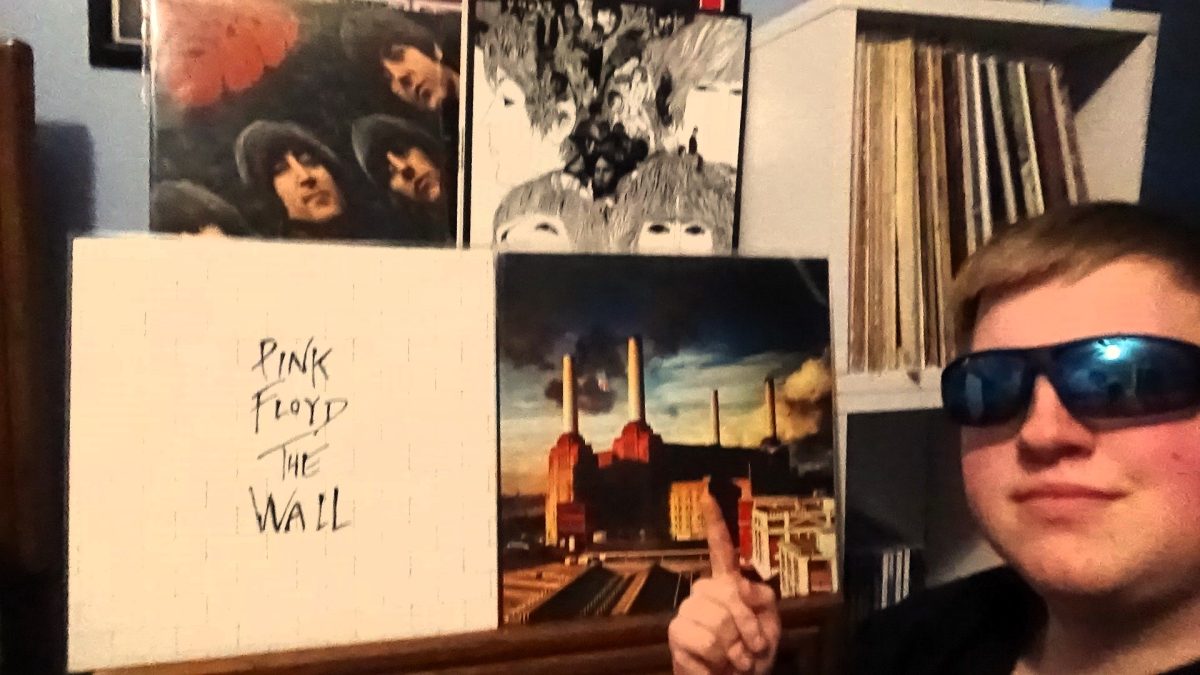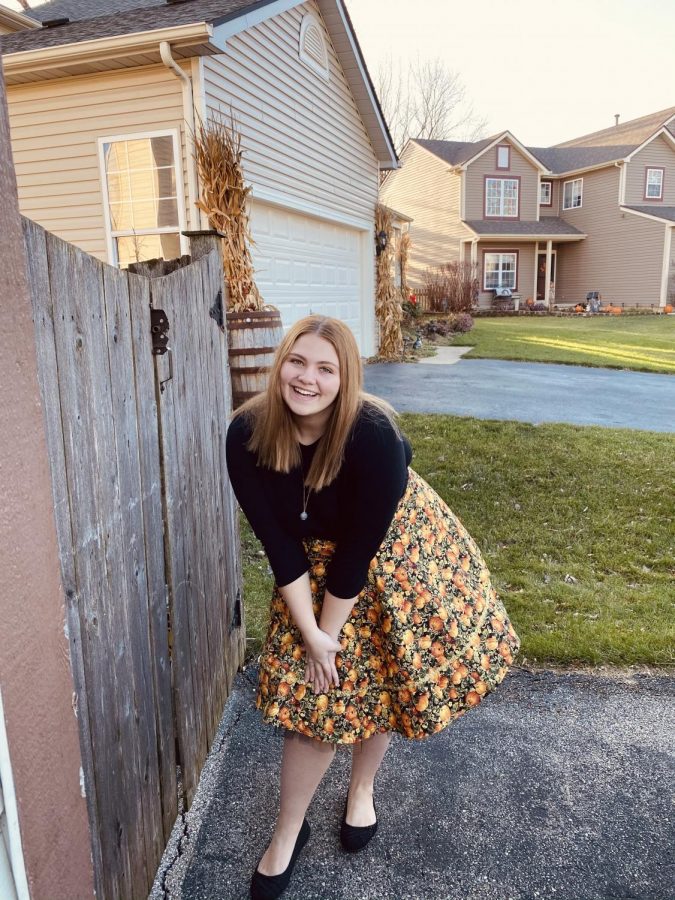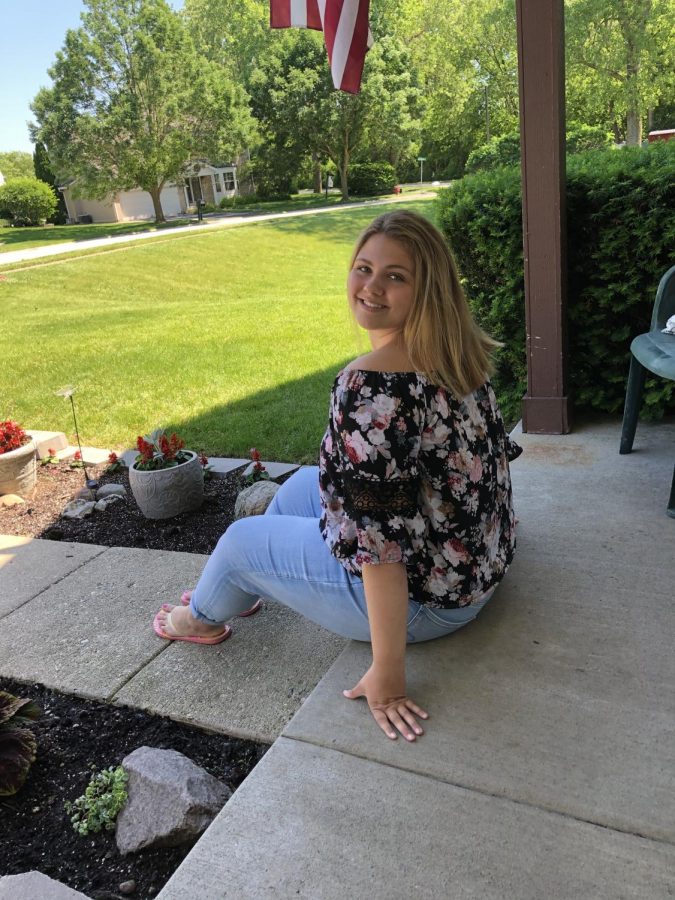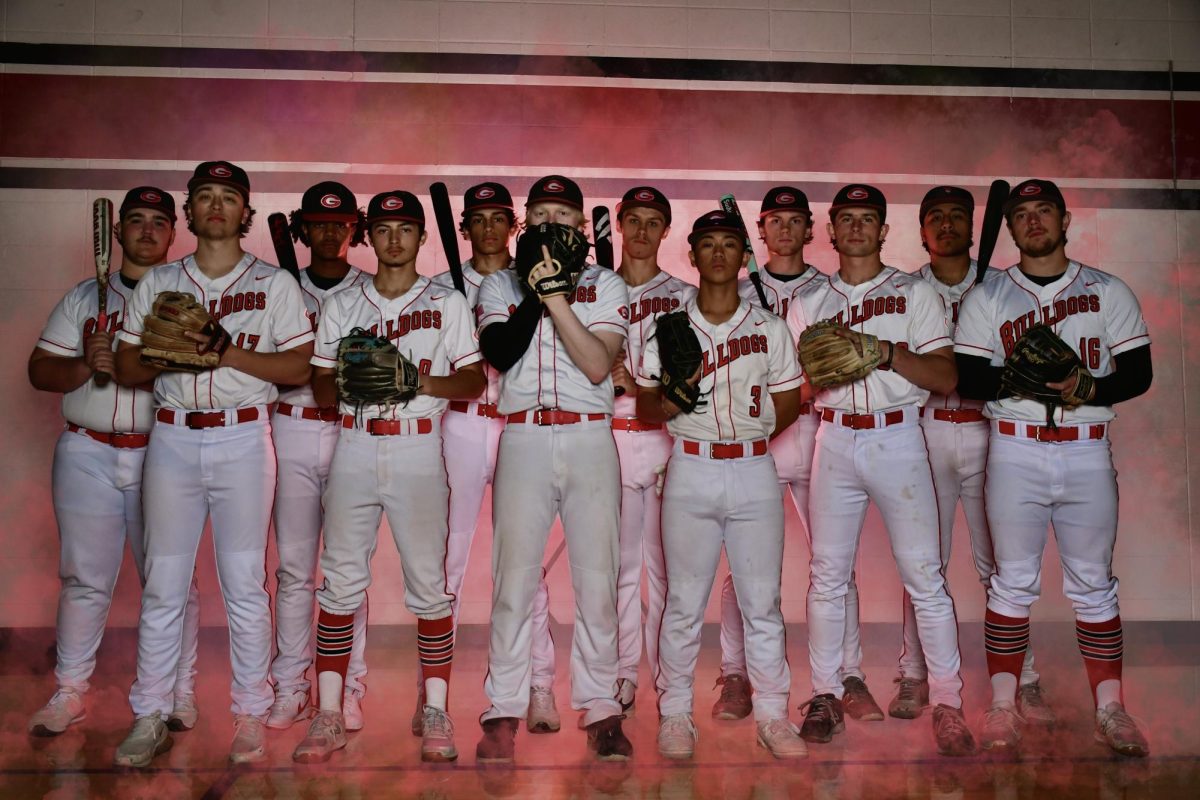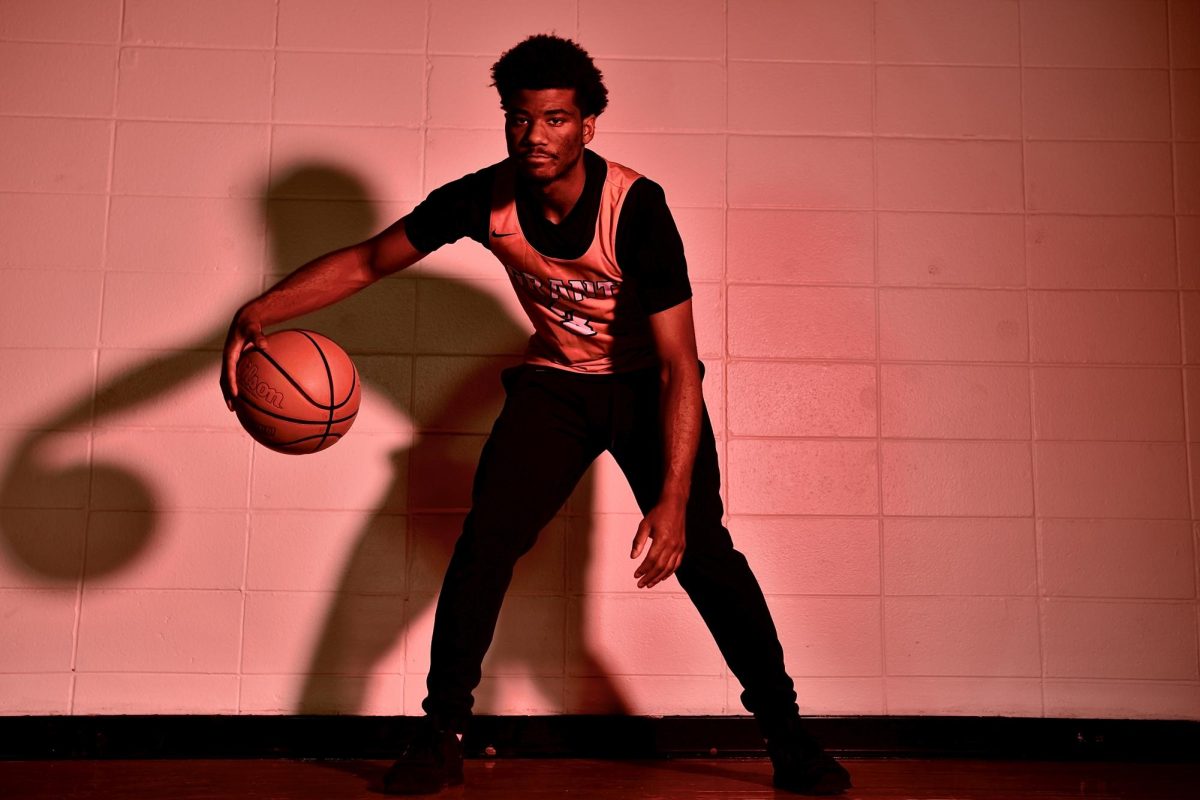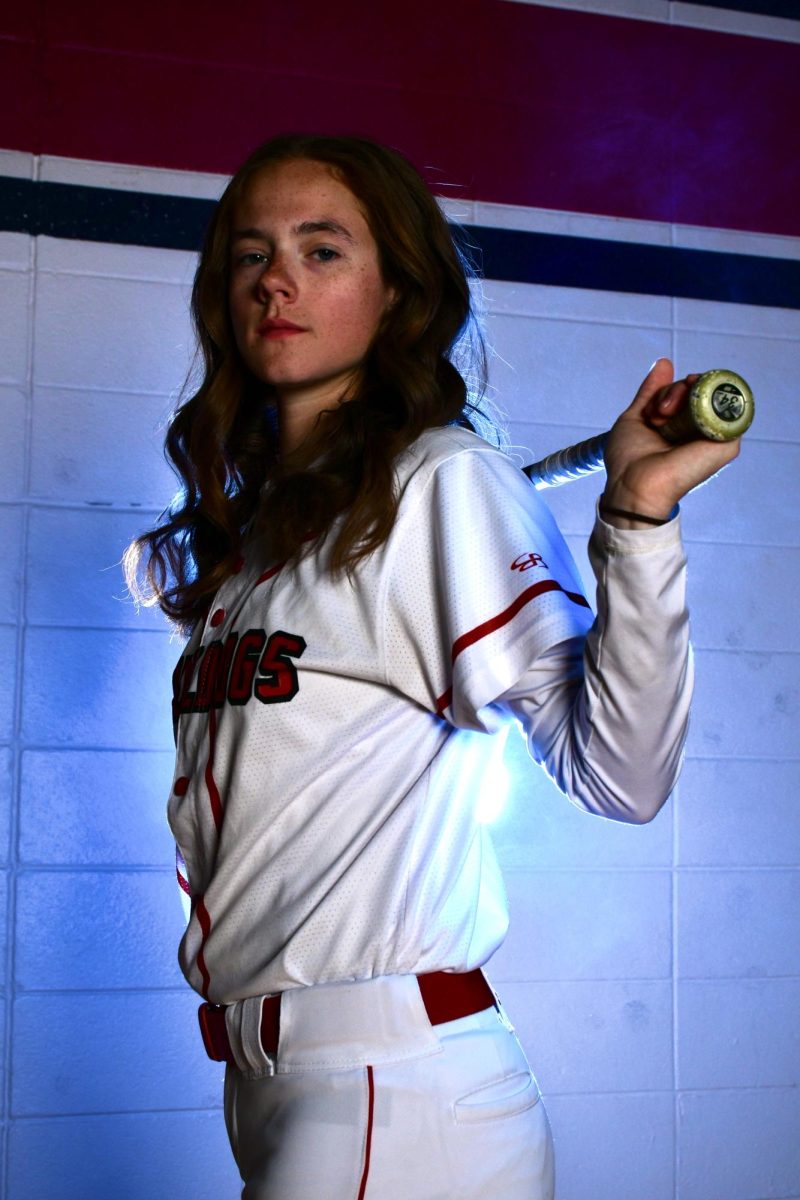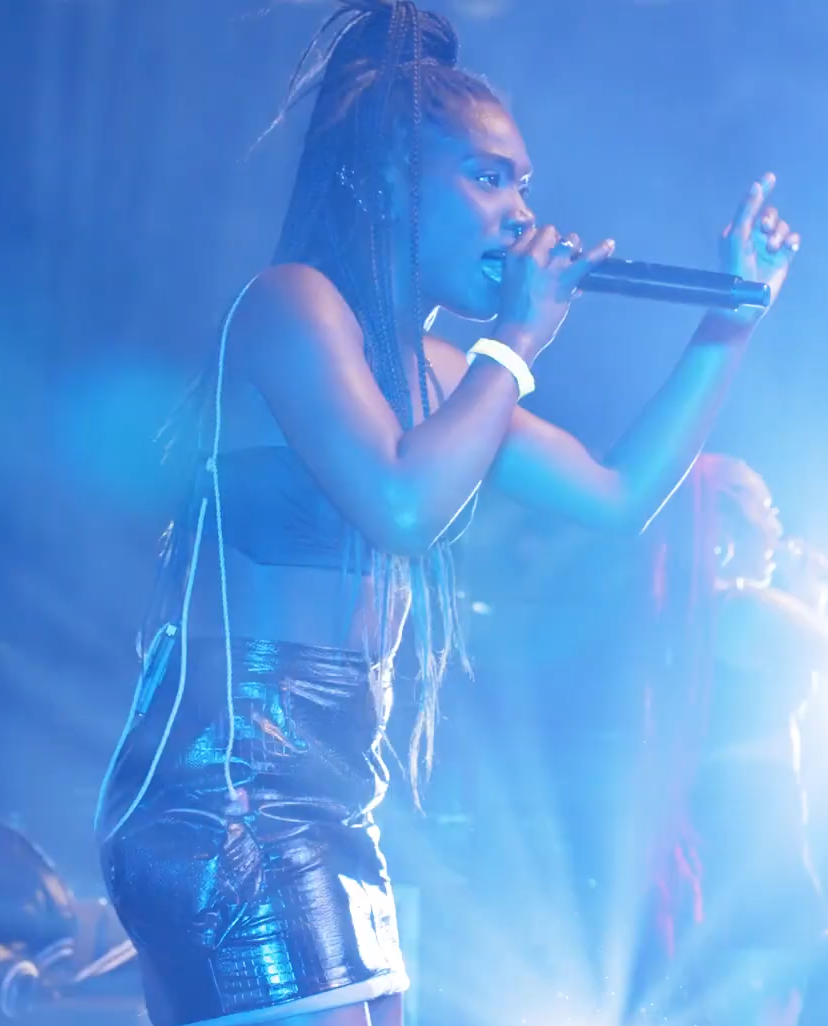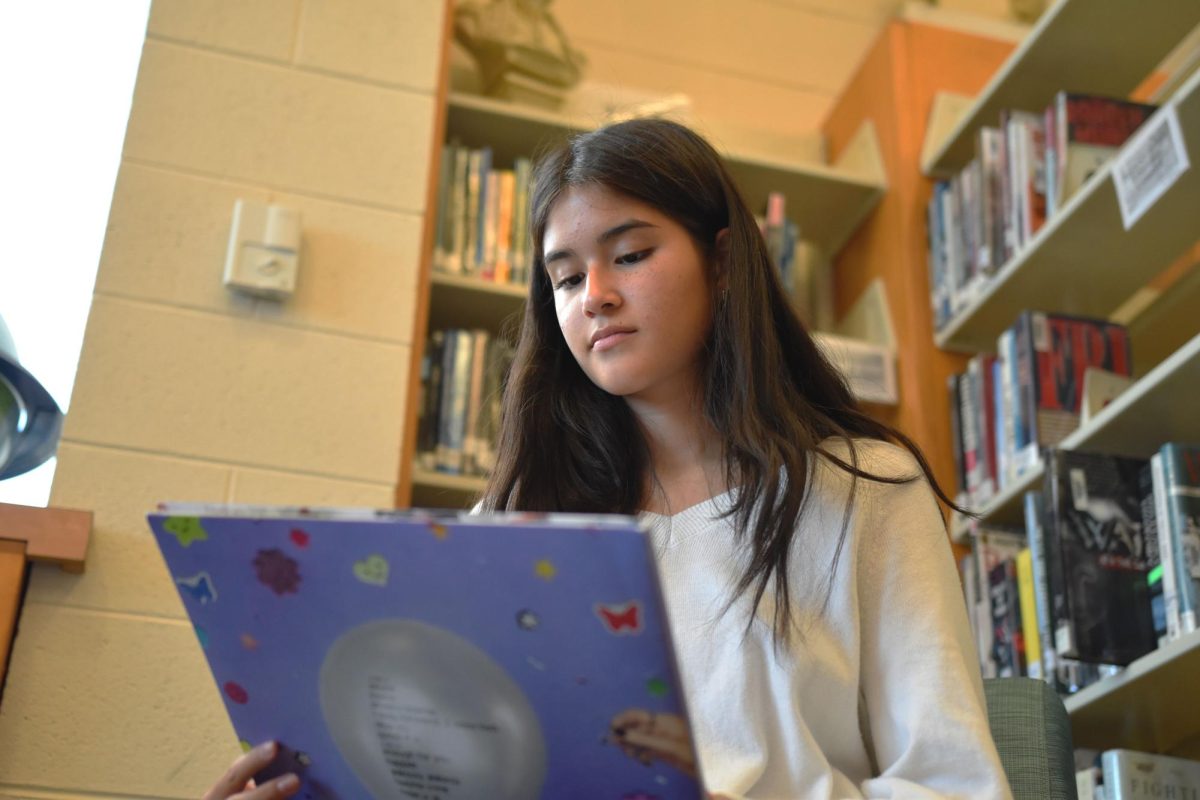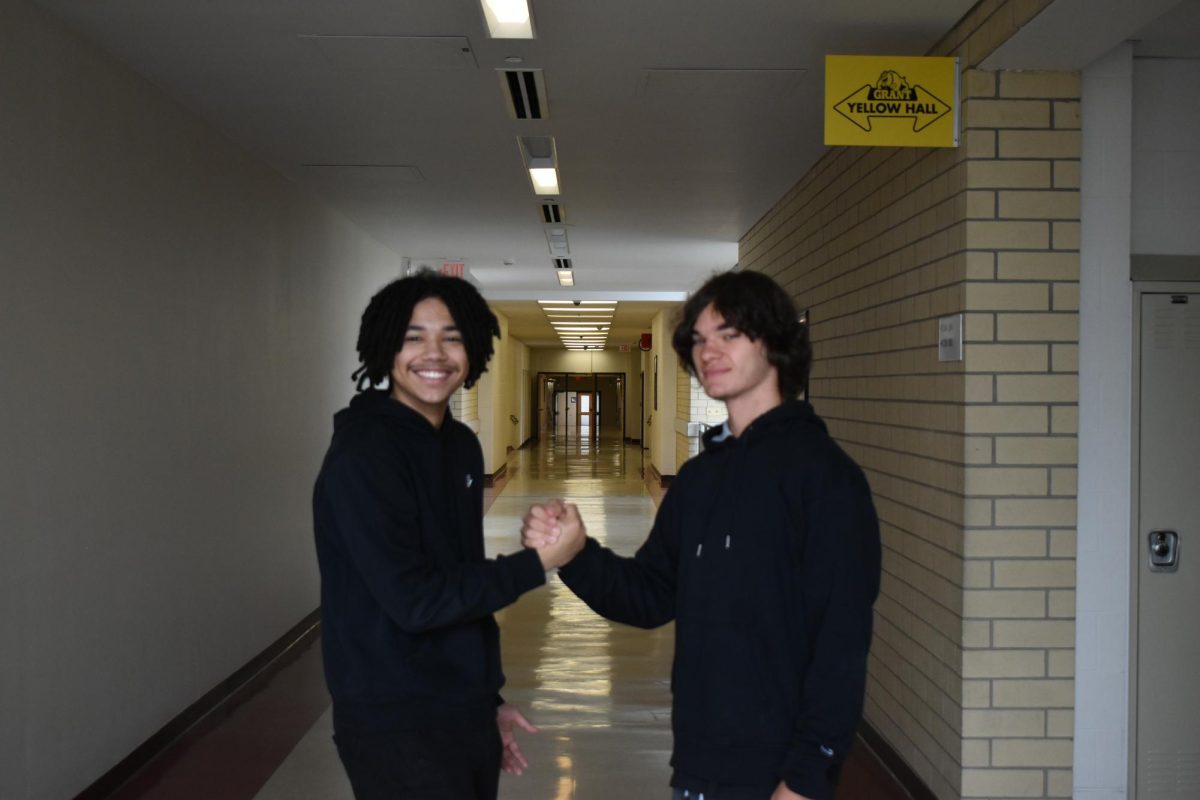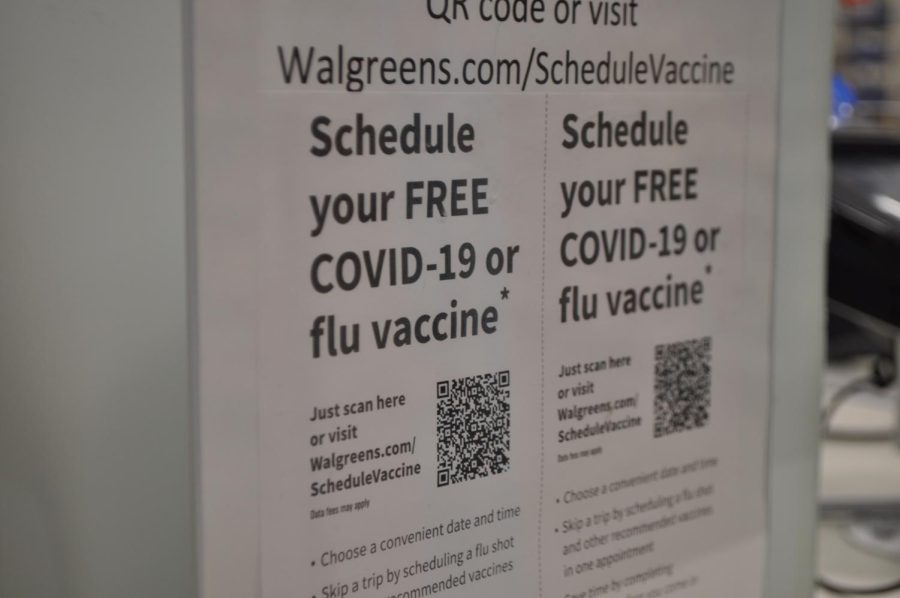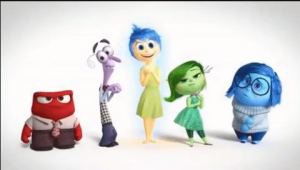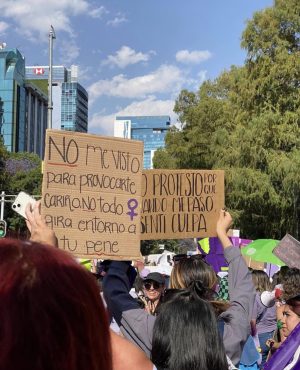Vaccination Information
The first COVID-19 vaccine was introduced on Dec. 11. 2020, with two more vaccines to follow. The vaccines were made within a short period of time, which was made possible because of the technology from mRNA vaccines.
March 10, 2022
With the coronavirus rapidly spreading, a vaccination was created to help limit the number of cases. The first vaccination created for COVID-19 was the Pfizer vaccine. This vaccine was approved by the FDA on Dec. 11. 2020. Soon thereafter Moderna, along with Johnson and Johnson, began to distribute their own vaccines.
These COVID-19 vaccinations have an effectiveness rate that ranges from 65% to 95%, depending on which vaccine is given. Not only does the vaccine protect the receiver, it protects the people around them as well. When an individual receives the vaccine, it protects that person from receiving COVID-19 and decreases the risk of them spreading the virus to other people.
With vaccinations being introduced so quickly, many people were skeptical. “The shots were developed at a record speed, arriving at just over a year,” says New York Times journalists Gina Kolata and Benjamin Mueller. In addition Kolata and Mueller had stated that vaccinations for various viruses have been created for decades. The technology from past vaccinations have assisted in the rapid creation of COVID-19 vaccines. In addition to previous vaccination technology, the creation of the first mRNA vaccine that was approved over 60 years ago also helped with the rapid creation of COVID-19 vaccines.
Both the Moderna and Pfizer vaccines are mRNA vaccinations. Pharmacists from a local Walgreens informed that mRNA vaccines take DNA from the virus’s protein spikes to create a safe vaccine without having to use the actual virus itself.
John Hopkins, Bloomberg school of public health, published an article saying, the first mRNA vaccine was created against the Ebola virus, however since Ebola is only found in a limited number of places, the vaccine never made its way into the United States. All vaccinations work by stimulating your immune system to produce antibodies. After receiving the vaccine, the receiver’s body develops an immunity to that virus without having the virus beforehand.
Research from New YorkTimes states that around 2.71 million people tested positive in Illinois, with 33,253 of the cases resulting in death. Information from Our World in Data reports that 8.29 million people or 65.5% of the Illinois population is fully vaccinated.
According to the CDC, children under the age of 5 are not eligible for the Pfizer vaccination unless part of a clinical trial. There is a wide age range of ages 6 months through 5 years with emergency authorization. In addition, there is full approval of adolescents and adults over the age of 12 for the Pfizer vaccine. As for Moderna and Johnson and Johnson, children and adolescents under the age of 18 are not eligible to receive either vaccination.
However, the COVID-19 vaccinations do have a downside. One of the many reasons people are indecisive about the COVID-19 vaccine, is because of the potentially severe side effects such as blurred vision, heart problems, blood clots, and strokes. Although these side effects can leave long-term health issues, they are very uncommon and the chances of an individual being affected by them are extremely low. More research from the CDC says that some minor side effects include, however are not limited to: tiredness, headache, muscle pain, chills, fever, and nausea. These side effects may not apply to everyone.
To increase immunity to COVID-19, a booster shot was made for the Moderna, Johnson and Johnson, and Pfizer vaccinations. According to NBC Chicago, these booster shots increase antibodies by about 10 times more than the vaccination does on it’s own. If a person is over 12 years of age and has received the vaccine, then they are eligible for the Pfizer booster shot. If a person received the Moderna or Johnson and Johnson vaccine, those 18 years and older can receive their booster shots. Additionally, according to NBC Chicago, if an individual received the Moderna or Pfizer vaccinations, they should wait at least 5 months after the second dose before they receive the second dose of the vaccine. As for the Johnson and Johnson vaccine, only a 2 month wait is needed after the second dose of the vaccine to receive the booster shot.

